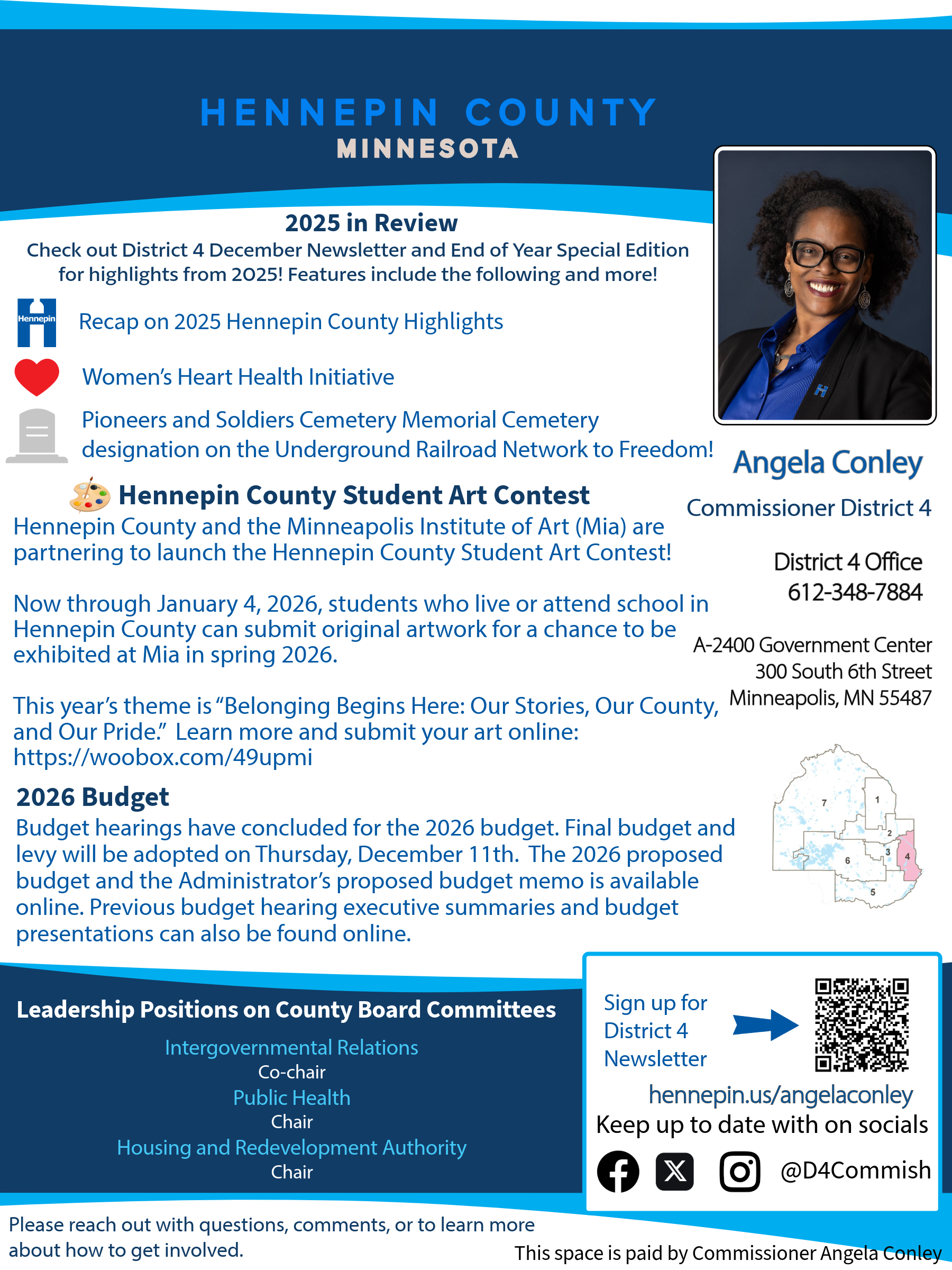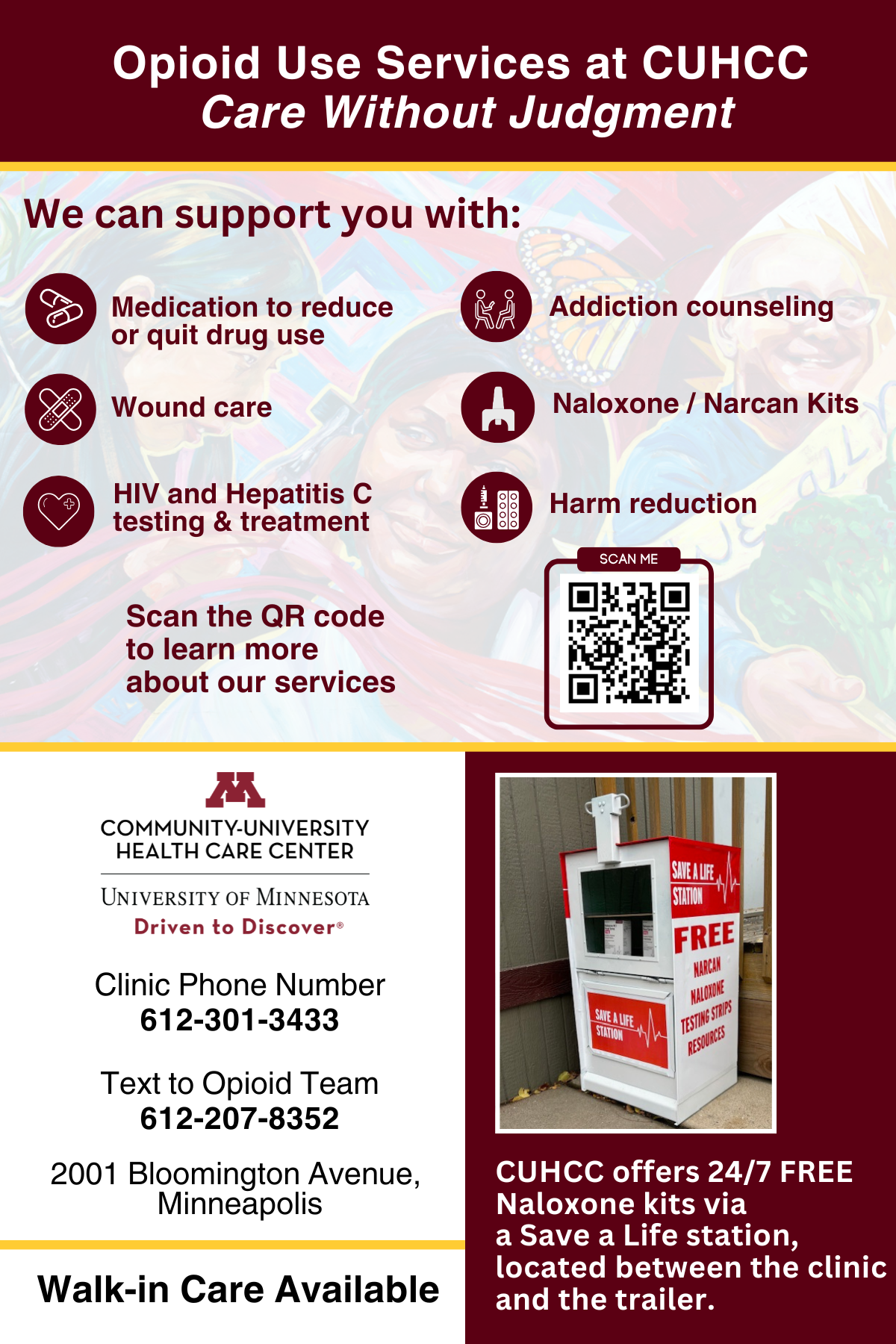By BRUCE MANGUSON
According to the World Food Program, there is a huge crisis of hunger in Africa, the Middle East, and other parts of the world. For one example, we might look at Somalia. In Somalia, a September report on reliefweb.int states that 6.7 million people across the country were expected to face “high levels of acute food insecurity” from September to December of 2022. Of those, 2.2 million were projected to be in “Emergency” and 300,000 people in “Catastrophe.” Many of those are children.*
There are apparently a couple reasons for this awful situation. One is that there have not been good rains in areas of Somalia for about four years. If this situation were to happen in Minnesota, maybe we could get our food from Illinois or Ohio, for example. The federal government would likely help out. It would be devastating, but probably most people would survive. However, in a situation such as Somalia’s there may be lack of infrastructure to transport food, and food may be so expensive that people do not have the financial resources to buy it from another country. We cannot even hardly imagine what this is like. Think about waking up on a certain morning, and there just is no money for food. You just don’t have it; your children (and you also) may be hungry, and the food may or may not be out there, but if it is, it’s so highly priced that there is simply no way to make a purchase. What does a person do in a hunger situation? A person suffers. Children may be the worst hit, because they are still growing. Their weight drops, they could become listless, and be vulnerable to diseases that healthy children would not have.
A second reason for this huge crisis (in reference to the worldwide situation of hunger) is war. When a country or a group in a country goes to war, people are pushed off their land. That means they can’t plant, or if they have planted, they cannot harvest. Peaceful resolution of conflict is therefore very important. But some conflicts rage on.
What can we do? Awarenss and support are two things we can do which really make a difference! Just keeping track of what’s happening is good, without becoming too depressed about the issue. It’s not good to spend too much time focusing on something that is extremely bad. Your mind cannot handle it. But a little information can be helpful.
Support can be helpful because we in some ways are really blessed here in the U.S. Not everyone has a small donation to spare to help alleviate hunger, but many of us do. Many of us live in luxury, compared to how certain people in other countries live. We take clean water for granted, sometimes. We take a full meal for granted! I often do, anyway. But my attitude is wrong. I should be grateful for everything. Then I can see things in perspective–a little help to the right organization will go a long way toward helping someone else, and also toward helping myself.
Which organizations are good for us to help? Look at the organization’s website. Use a watchdog agency’s website also; for example, charitynavigator.org. Just one individual taking one small step makes a very, very large difference. I can’t explain this phenomenon. But it’s exciting to think that just one individual can really be an effective agent for change for the better!
Bruce Magnuson has lived in Phillips for 12 years. He works and attends church in Minneapolis and is proud to call Minneapolis home.









